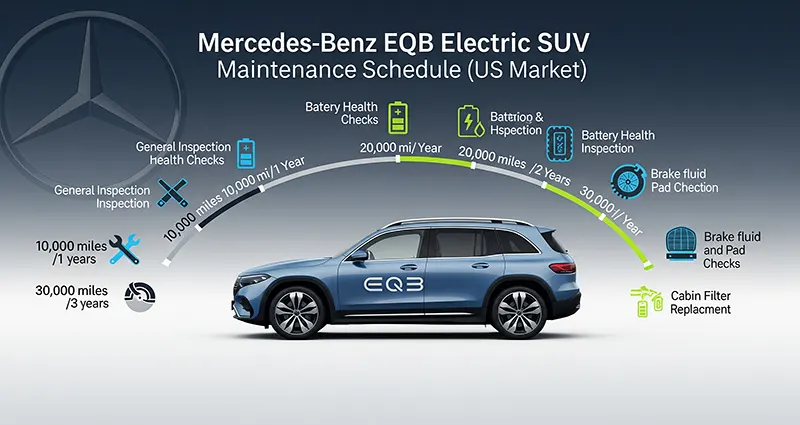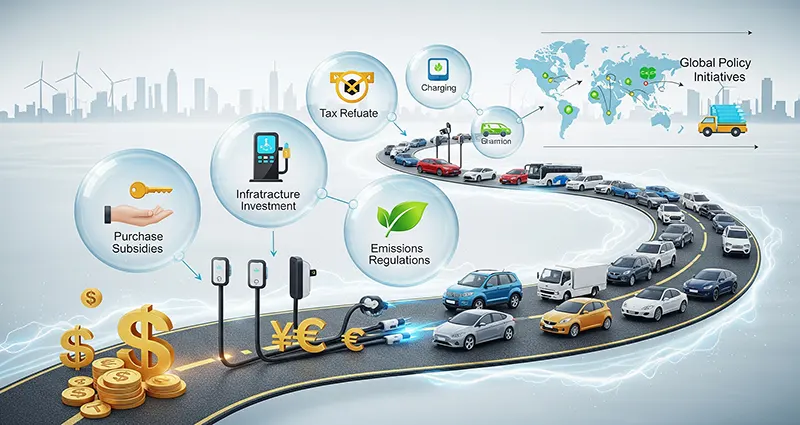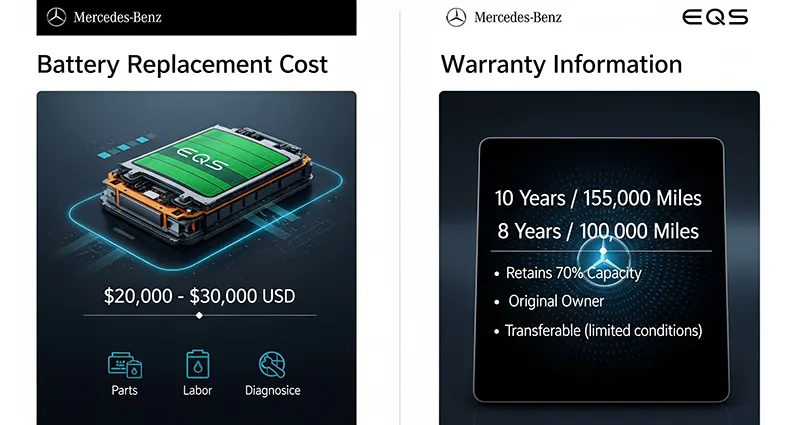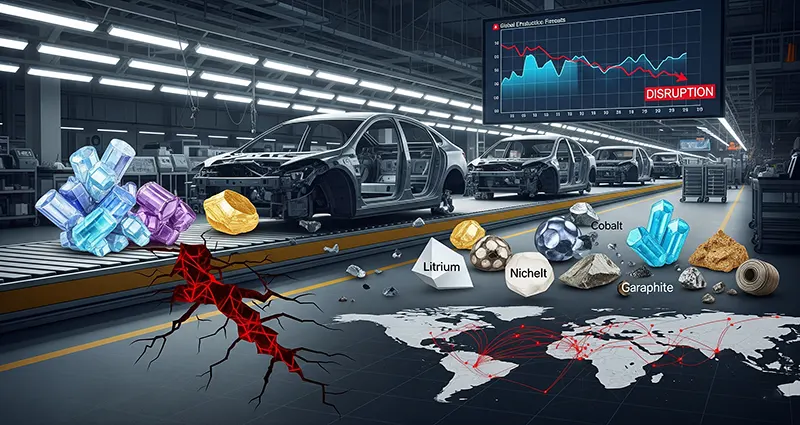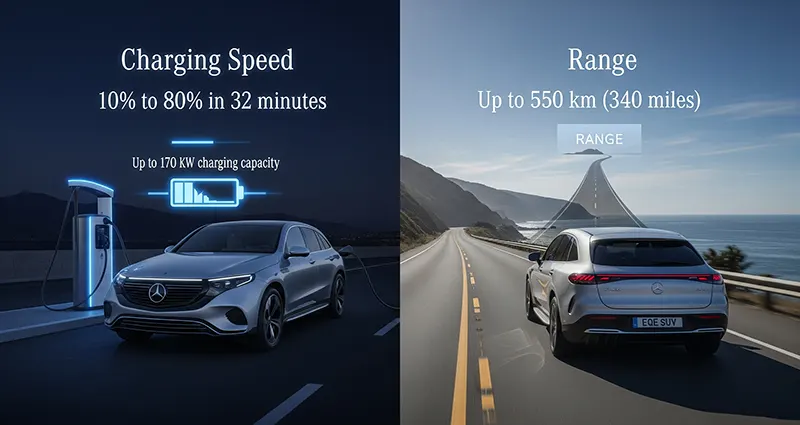Maintenance Schedule for Mercedes-Benz EQB Electric SUV in the US
The Mercedes-Benz EQB electric SUV represents a significant step forward in luxury electric mobility, combining the brand’s signature performance with cutting-edge electric vehicle (EV) technology. For owners in the United States, understanding the maintenance schedule for the Mercedes-Benz EQB is essential to ensure optimal performance, safety, and longevity of the vehicle. While EVs generally require less upkeep than traditional combustion vehicles, there are still important scheduled services and inspections necessary to maintain your EQB in peak condition.
Why Follow a Maintenance Schedule for the EQB?
Unlike gasoline-powered vehicles, electric vehicles like the Mercedes-Benz EQB have fewer moving parts and don’t require routine oil changes or spark plug replacement. However, maintenance is still critical to address other components such as the battery, electric motor, brakes, tires, and software systems. Following the manufacturer’s recommended maintenance schedule helps prevent issues, maintain warranty coverage, and maximize efficiency and driving range.

